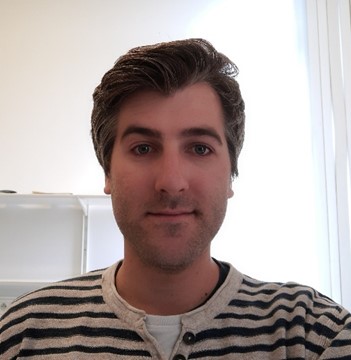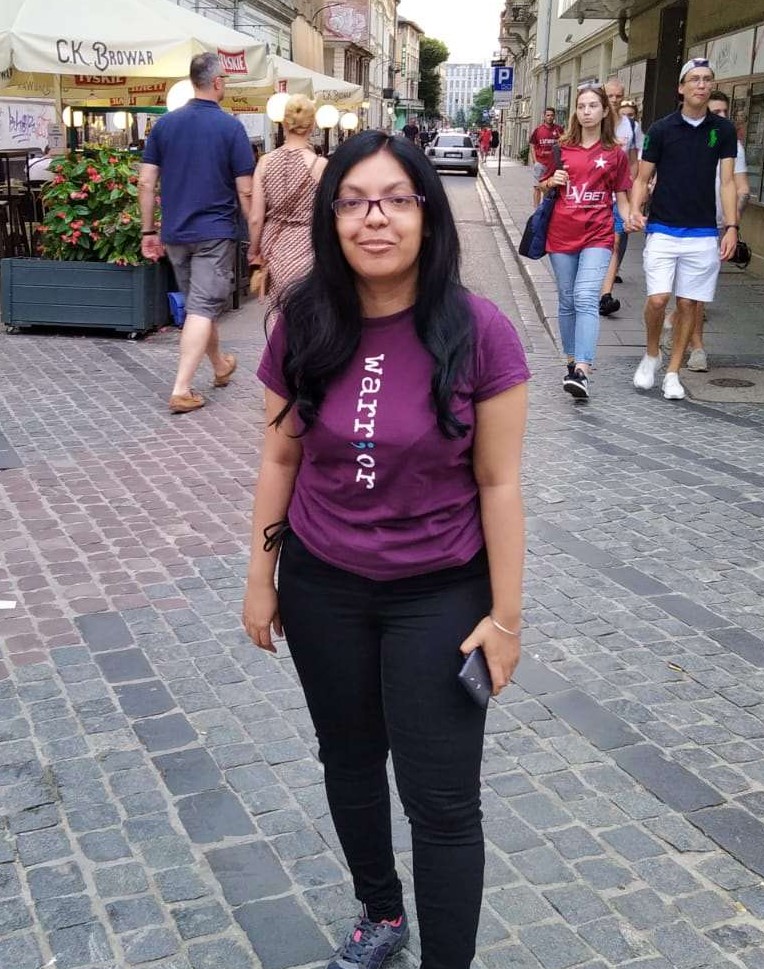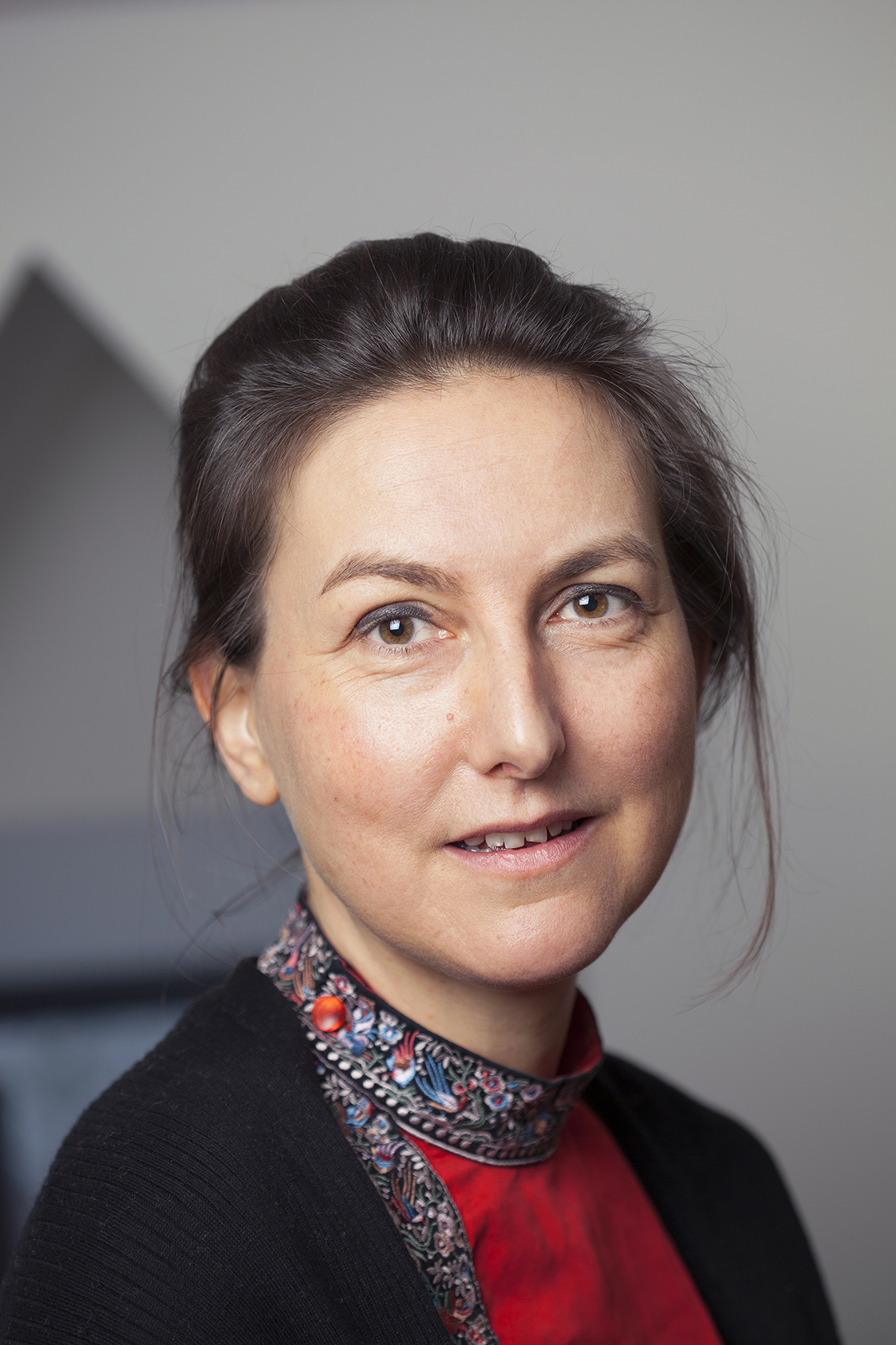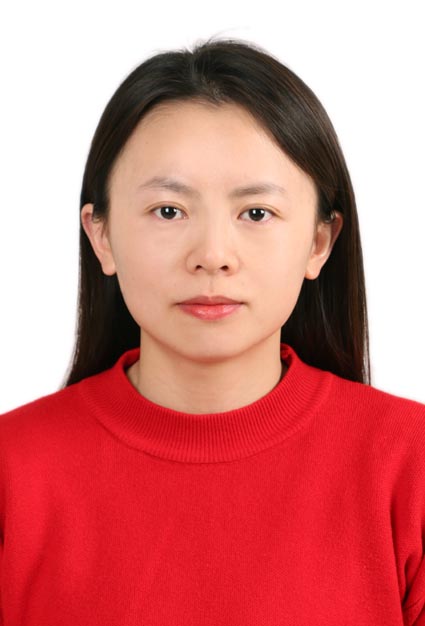EUTOPIA SIF Cohort 1
EUTOPIA-SIF 21-23 Cohort 1

Hannes Houck
Hannes’ research at the University of Warwick is situated at the interface of organic synthesis and polymer chemistry. He focuses on the development of light- and temperature-responsive chemical building blocks that can be incorporated into polymer materials in order to make them more sustainable. He is particularly devising new conceptual approaches to form, break and reform the chemical bonds that make up many of our daily life plastics, thereby aiding their (re)processing and recycling.
Hannes was awarded a dual PhD degree in Chemistry from Ghent University, Belgium and the Karlsruhe Institute of Technology, Germany (summa cum laude) working on the development of bonding-debonding crosslinking strategies. Following alternating research stays in Belgium, Germany and Australia, he became fascinated about how light is capable of altering the chemical nature of small organic molecules, which in turn can change a material's macroscopic properties such as its strength and colour. As a postdoctoral fellow at Ghent University, he has created new photoresists for 3D laser printing and has been involved in industrial projects in the area of recyclable thermosets, on-demand curable coatings and de-bondable adhesives.

Sanchari Deb
Sanchari Deb is currently associated with Power and Control Laboratory of School of Engineering, University of Warwick as EUTOPIA SIF Fellow. Earlier, she was associated with Smart e fleet group of VTT Technical Research Centre as ERCIM Fellow. Her research interests broadly cover different aspects of power and energy such as e mobility, charging infrastructure planning, Artificial intelligence applications in power and energy, microgrid planning, distribution network planning, local energy systems with cogeneration, Vehicle Grid integration, optimization, metaheuristics algorithms, tool development for charging station placement, machine learning applications, power system reliability, intelligent transport, autonomous vehicle, quantum computing applications, solar based charging infrastucture for Electric Vehicles (EVs).
Sanchari Deb completed her Bachelors of Engineering (BE) in Electrical Engineering from Assam Engineering College (AEC), Guwahati in the year 2014, Master of Engineering from Birla Institute of Technology (BIT) Mesra, Ranchi with specialization as Power Systems in the year 2016, and PhD in Energy from Centre for Energy, Indian Institute of Technology (IIT), Guwahati in the year 2020. Post Phd, she joined Alliance for an Energy Efficient Economy, New Delhi as Research Associate and worked on a project related to Vehicle Grid Integration in Indian aspect. Later, she was associated with Centre for Advanced Research in Electrified Transportation (CARET) of Aligarh Muslim University (AMU) as a postdoctoral researcher for a short duration. In the year 2020, she received European Research Council of Informatics and Mathematics (ERCIM) fellowship and joined VTT Technical Research Centre, Finland. She has published nearly 30 research articles and co-edited a book on Smart Charging.
Sanchari Deb serves as the reviewer of several peer reviewed journals of Elsevier, IEEE and Springer. She is the recipient of several prestigious fellowships and awards such as ERCIM fellowship, EUTOPIA fellowship, and Anandaram Baruah award. She is also a member of IEEE Power and Energy Society.

Valérie Hayaert
Valérie Hayaert is a cultural historian, specialized in legal iconology and legal symbolism.
She has taught at the University of Cyprus, the University of Tunis and the University of Canterbury. Following her thesis publication, Mens emblematica et humanisme juridique, Droz, THR 438, Geneva, 2008, she has carried a reconstruction of the visual promulgation of law further by examining not only the tradition of juristic emblems but also reviving the analysis of the wide variety of images - trees, diagrams, illustrations, genealogies, devises, schemata and variant images- that are to be found in early modern legal texts. In 2015 appeared Genealogies of Legal Vision, Routledge, a volume co-edited with Pr. Peter Goodrich (Cardozo School of Law, New York). In 2016, she was commissioned expert field work by French legal professionals (Établissement Public du Palais de Justice de Paris) in the context of the discussions about what legal symbolism should be adopted in the recently built Paris Tribunal (Renzo Piano Building Workshop).
In 2017 and 2018, she contributed to two major exhibitions both held in Belgium: at the Groeningen Museum of Bruges : The Art of Law: Artistic Representations and Iconography of Law & Justice in Context from the Middle Ages to the First World War. and at the Museum Hof Van Buysleyden in Mechelen, Call for Justice 23 March-June 24, 2018). Her forthcoming book, Lady Justice: An Anatomy of Allegory (Edimburgh University Press) should be out in 2022.

Xiaocui Wu
My research at the University of Warwick under the EUTOPIA-SIF fellowship focuses on the characterisation of conjugated polymers by using the ultimate spatial resolution of scanning probe microscopy to provide images and local electronic properties of molecules with sub-monomer precision. Based on a recent breakthrough of the host lab in submolecular resolution imaging of conjugated polymers, this project intends to achieve an unprecedented insight into the composition, structure and electronic properties of these functional macromolecules. Following this approach, conjugated polymers will be sequenced by simple visual inspection of their images, revealing details inaccessible to standard characterisations methods such as the structure of polymerisation defects and the spatial distribution of their molecular orbitals.
